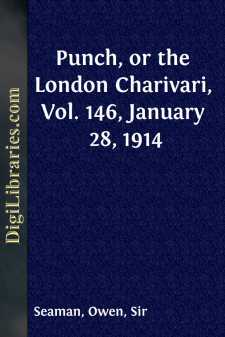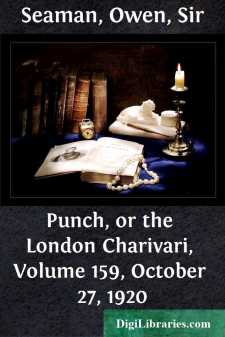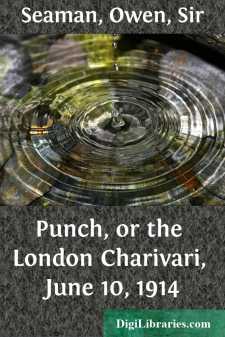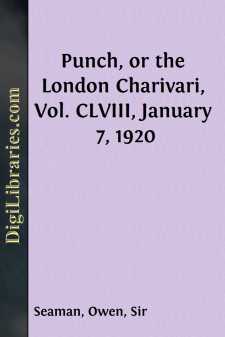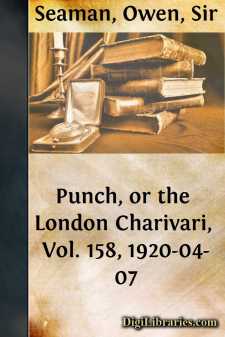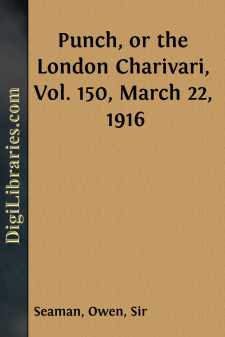Categories
- Antiques & Collectibles 13
- Architecture 36
- Art 48
- Bibles 22
- Biography & Autobiography 814
- Body, Mind & Spirit 145
- Business & Economics 28
- Children's Books 17
- Children's Fiction 14
- Computers 4
- Cooking 94
- Crafts & Hobbies 4
- Drama 346
- Education 56
- Family & Relationships 59
- Fiction 11833
- Foreign Language Study 3
- Games 19
- Gardening 17
- Health & Fitness 34
- History 1378
- House & Home 1
- Humor 147
- Juvenile Fiction 1873
- Juvenile Nonfiction 202
- Language Arts & Disciplines 89
- Law 16
- Literary Collections 686
- Literary Criticism 179
- Mathematics 13
- Medical 41
- Music 40
- Nature 179
- Non-Classifiable 1768
- Performing Arts 7
- Periodicals 1453
- Philosophy 66
- Photography 2
- Poetry 897
- Political Science 203
- Psychology 45
- Reference 154
- Religion 516
- Science 126
- Self-Help 85
- Social Science 82
- Sports & Recreation 34
- Study Aids 3
- Technology & Engineering 59
- Transportation 23
- Travel 463
- True Crime 29
Sort by:
by:
Owen Seaman
January 28, 1914. Lord Howard de Walden is starting a movement with the admirable object of reinvigorating the drama in Wales by forming a travelling troupe of first-rate actors. It is rumoured that an option has already been obtained on a native comedian who is at present a member of the Cabinet. The Chancellor of the Exchequer received last week a deputation of the Men of Kent in order to hear their...
more...
by:
Owen Seaman
October 27, 1920. Some idea of the evils consequent on a coal strike can be obtained when we hear there was talk of a football match in the North having to be cancelled. Mr. Lloyd George is certainly most unlucky. As a result of the coal strike the New World has again been postponed. We are assured that everything has been done to safeguard our food supply. We ourselves have heard of one grocer who has...
more...
by:
Owen Seaman
June 7, 1916. A correspondent writes to tell us of a painful experience which he has had in consequence of his efforts to practise war-time economy in the matter of dress. The other evening, after going to bed at dusk in order to save artificial light, he was rung up by the police at 1 A.M. and charged with showing a light. It appears that he had gone to bed with his blind up, after throwing his...
more...
by:
Owen Seaman
June 10, 1914. Mr. Redmond is said to have vigorously opposed the suggestion that British troops should be sent to Durazzo on the ground that the present is not a time when our home defences should be weakened. The presence of some ladies on the Holyhead links disturbed Mr. Lloyd George to such an extent, one day last week, that he foozled a shot, and it is reported that the Government is at last...
more...
by:
Owen Seaman
NEW WELLS FOR OLD. Over the top of Part II. of The Outline of History I caught the smiling glance of the man in the opposite corner of the compartment. "Good stuff that," he said, indicating the History with a jerk of his head. "Quite," I agreed, maintaining my distance. "Immense," he continued. "And it means the dawn of a new life for me. I'm Wells's hero. Every...
more...
by:
Owen Seaman
June 23, 1920 Kieff has been retaken by the Bolshevists. It looks as if the Poles will have to win the place three times in succession before it becomes their own property. Annoyed by a small boy who was sucking sweets and laughing a parson recently stopped in the middle of his sermon and refused to go on with it. We are informed that the boy in question has since received several tempting offers from...
more...
by:
Owen Seaman
APRIL 7, 1920. "Do the British people," asks Mr. Blatchford, "understand the nature of the monster modern military science has created?" We hope to hear later what name Mr. Winston Churchill has found for Mr. Blatchford. Agitation for a Federal Divorce Law is being revived in the United States. It appears that there are still some backward States where the expenses of a divorce suit...
more...
by:
Owen Seaman
December 30, 1914. Abdul the D—d is said to feel it keenly that, when the British decided to appoint a Sultan in Egypt, they did not remember that he was out of a job. Meanwhile Abbas Pasha is reported to have had a presentiment that he would one day be replaced by Kamel Pasha. is said that for some time past he would start nervously whenever he heard the band of a Highland regiment playing "The...
more...
by:
Owen Seaman
CHARIVARIA. Portugal is now officially at war with Germany, and the dogs of frightfulness are already toasting "der Tagus." At first the report that Enver Pasha had gone to pay a visit to the tomb of the Prophet at Medina caused a feeling of profound depression in Constantinople; but it is now recognised that there was no other course open to him, as Mahomet was not in a position to visit the...
more...
by:
Owen Seaman
June 9, 1920. Owing to heavy storms the other day one thousand London telephones were thrown out of order. Very few subscribers noticed the difference. A camera capable of photographing the most rapid moving objects in the world is the latest invention of an American. There is some talk of his trying to photograph a bricklayer whizzing along at his work. "Perjury is now rampant in all our Courts...
more...


